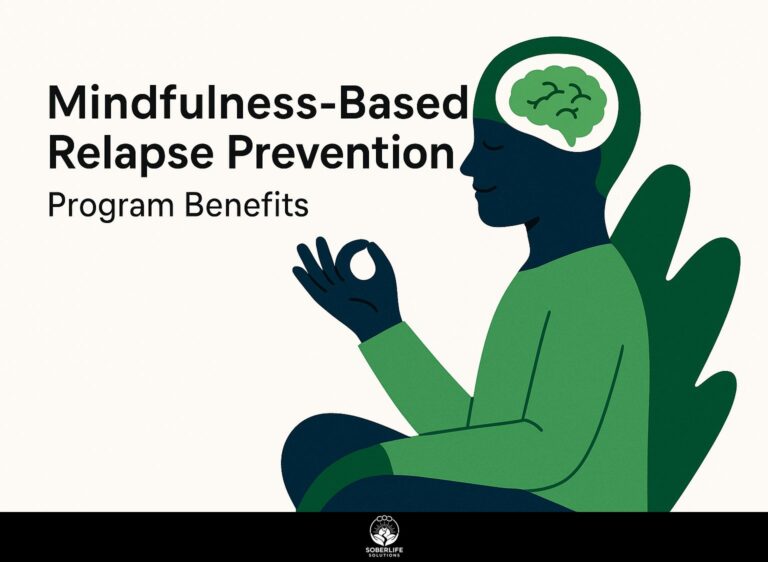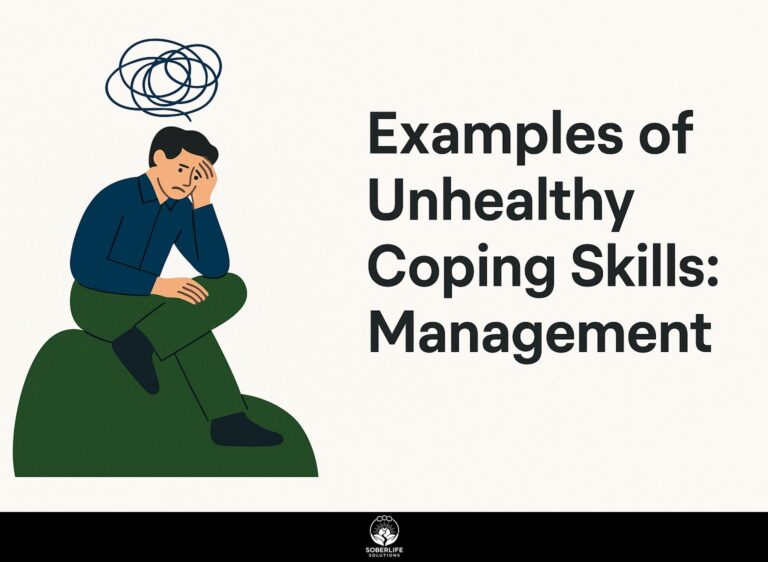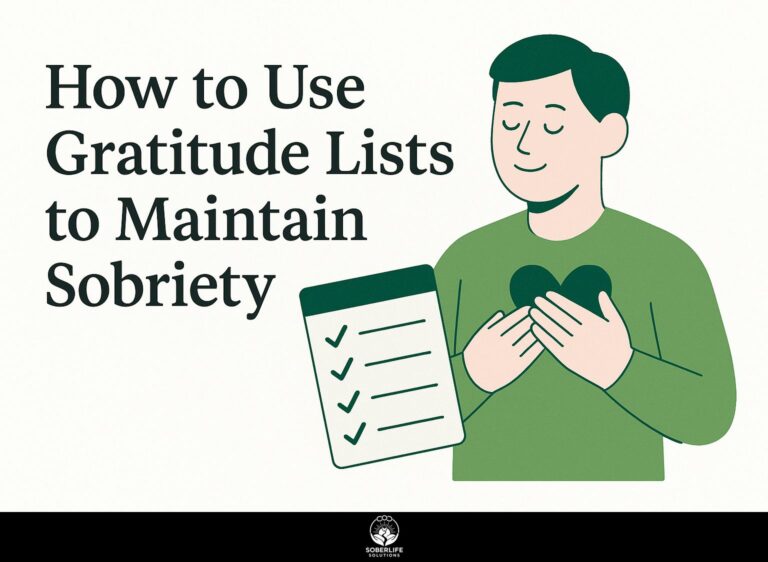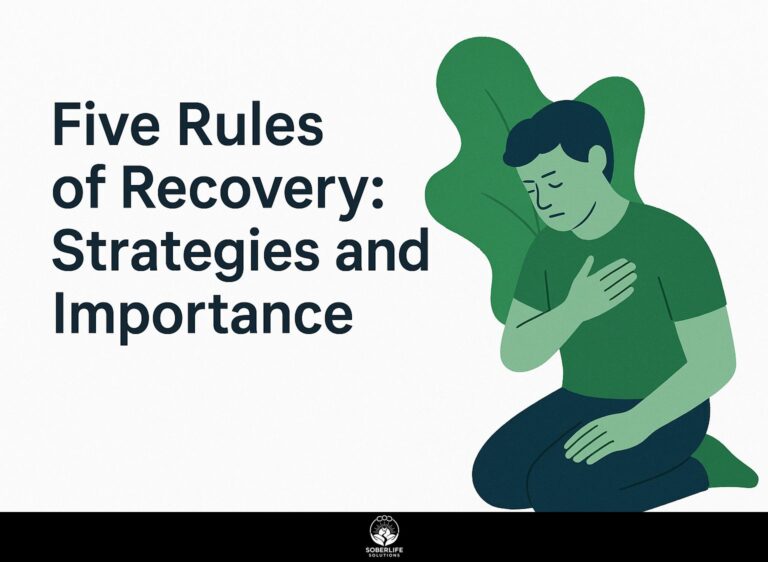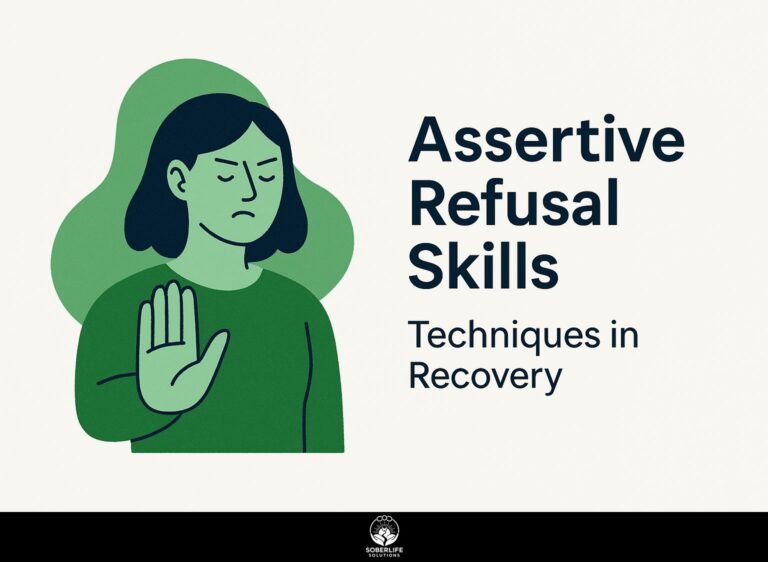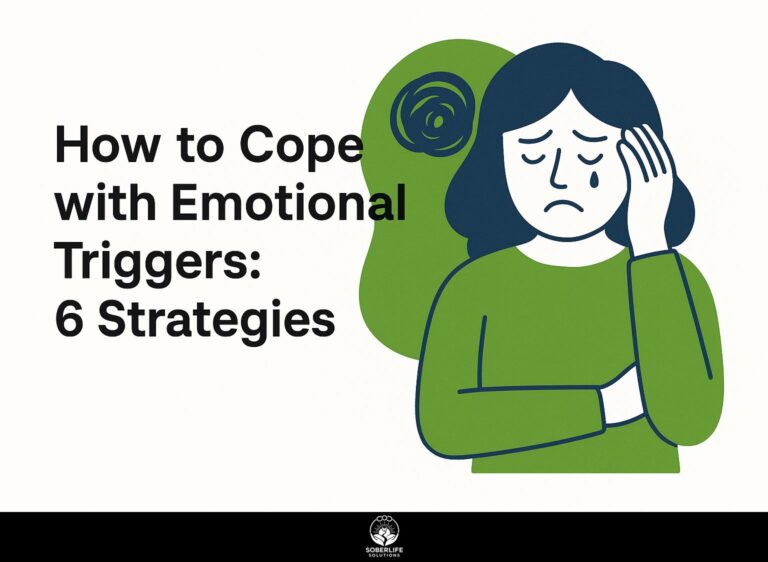Applications of Coping Strategies: Benefits
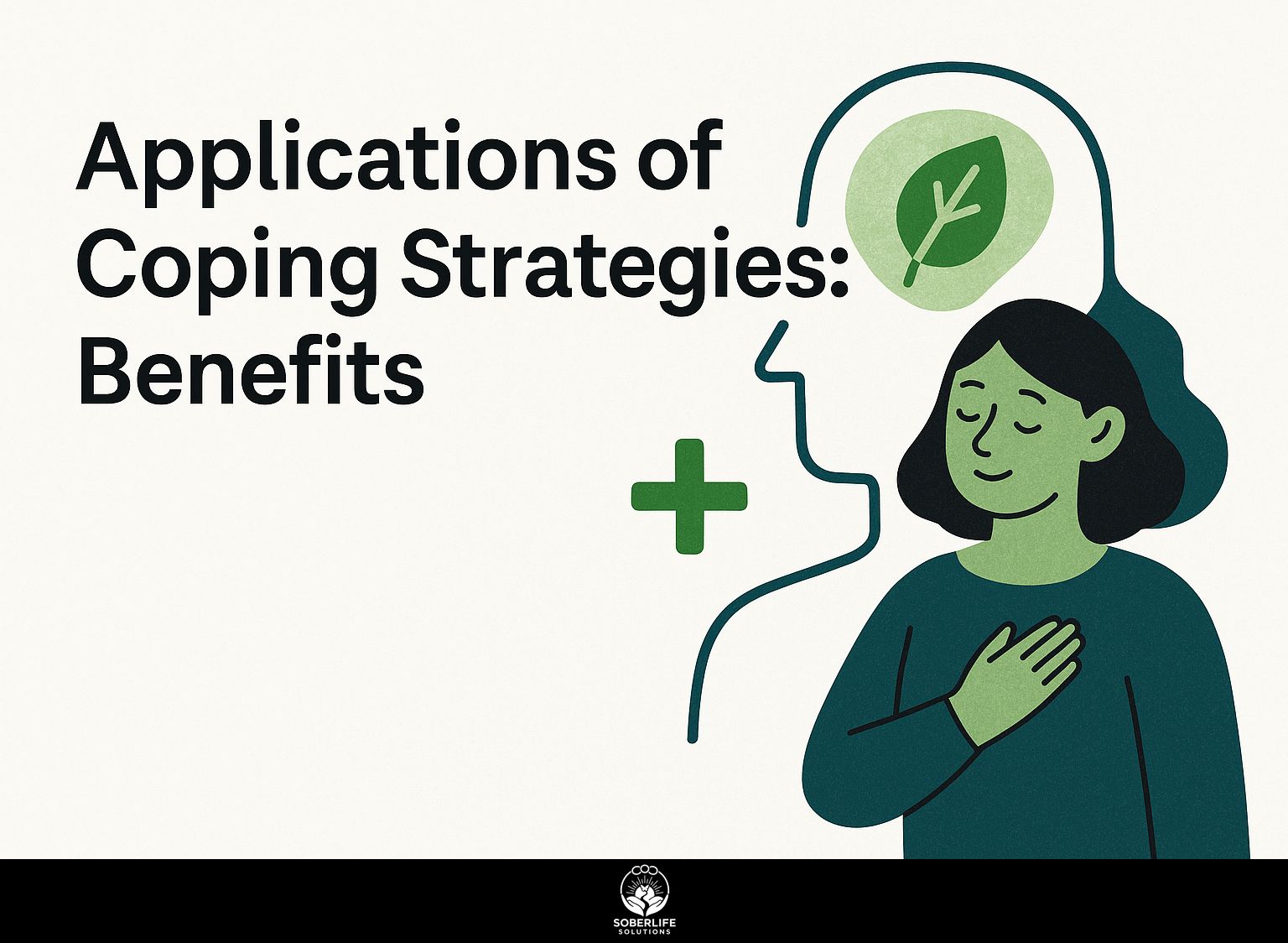
In a stressful world, knowing how to manage stress is key to staying emotionally balanced. As noted by Setiawan A. in the *Journal of Preventive Medicine and Public Health*, these strategies can turn negative situations into chances for growth, creating a positive self-image. This article discusses different ways to handle stress, helping you achieve better mental health and strength. Learn how to handle life’s difficulties with assurance and clear thinking.
Key Takeaways:
Types of Coping Strategies
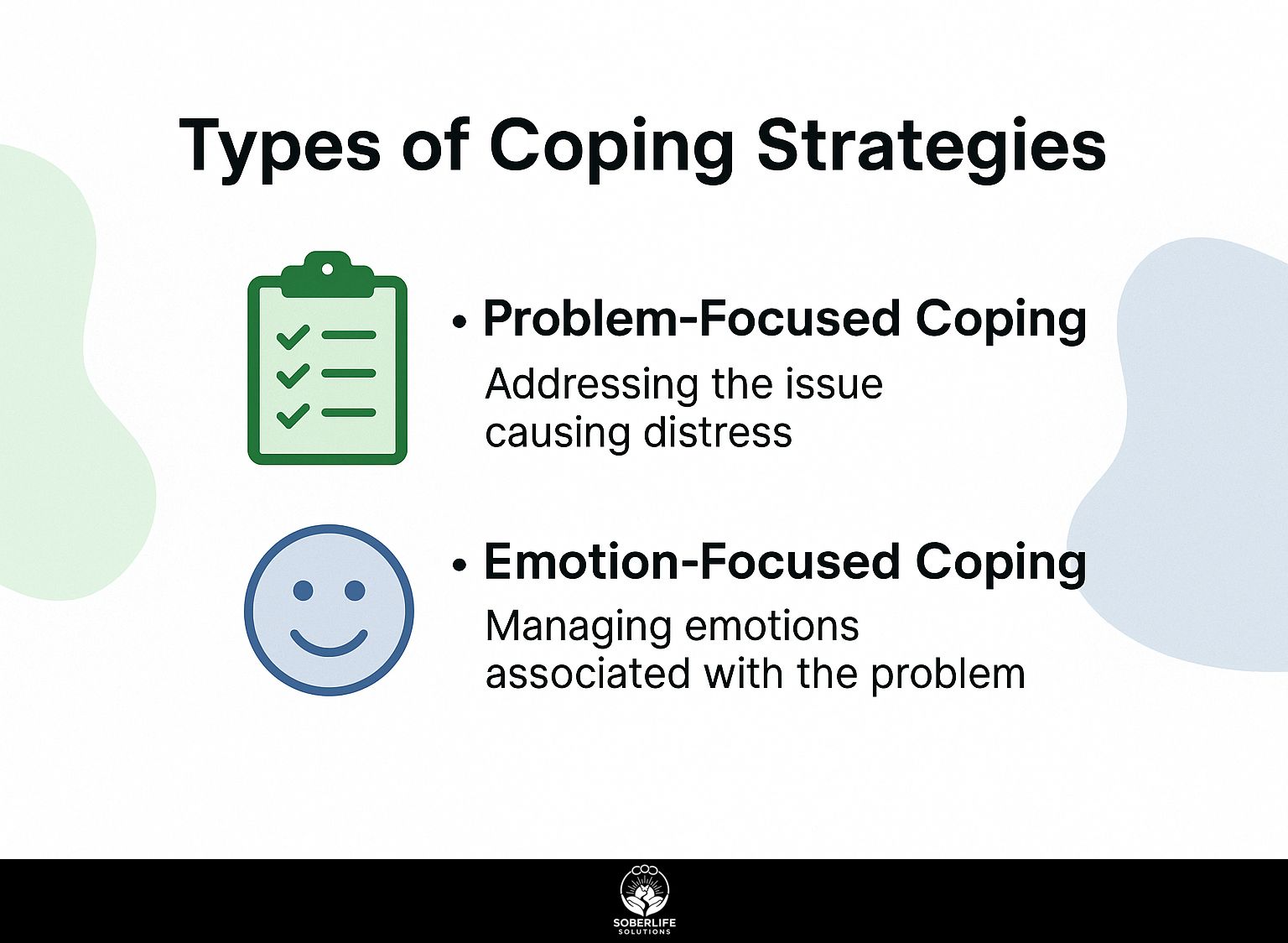
Coping strategies can be grouped into two main types: problem-focused coping, which deals with the cause of stress, and emotion-focused coping, which manages emotional reactions. According to an overview provided by ScienceDirect, these methods are widely studied and continue to evolve with ongoing research ( Coping Strategies – an overview). This approach aligns with the strategies discussed in our article on Coping Mechanisms for Alcoholism Recovery.
Problem-Focused Coping
Problem-focused coping means taking direct steps to deal with stress, such as finding solutions or joining support groups. This approach is particularly important for managing ongoing pain.
To effectively implement problem-focused coping, identify specific stressors like limited mobility or social isolation.
For example, contact therapists who focus on pain relief to create an individual care plan. Utilizing online forums or support groups, such as those from the Cleveland Clinic, can provide a sense of community and shared experiences.
Writing in a journal about how you manage pain can help you see problems and find answers, leading to steps that may improve your life.
Emotion-Focused Coping
Emotion-focused coping emphasizes managing emotional responses through techniques like mindfulness practices and positive self-image reinforcement.
To effectively use these strategies, consider the following actionable steps:
- Practice mindfulness with apps such as Calm or Headspace, which have been shown to reduce anxiety levels by 32% according to research. For expanded context, UCLA Health provides in-depth information on the efficacy of these practices in fostering mental health.
- Writing in a journal can help people better understand their emotions and is connected to better mental health results.
- Talk with friends or counselors for support, as research shows that having people to lean on can help reduce stress and build strength.
Applying these techniques can improve mood and overall well-being.
Benefits of Coping Strategies
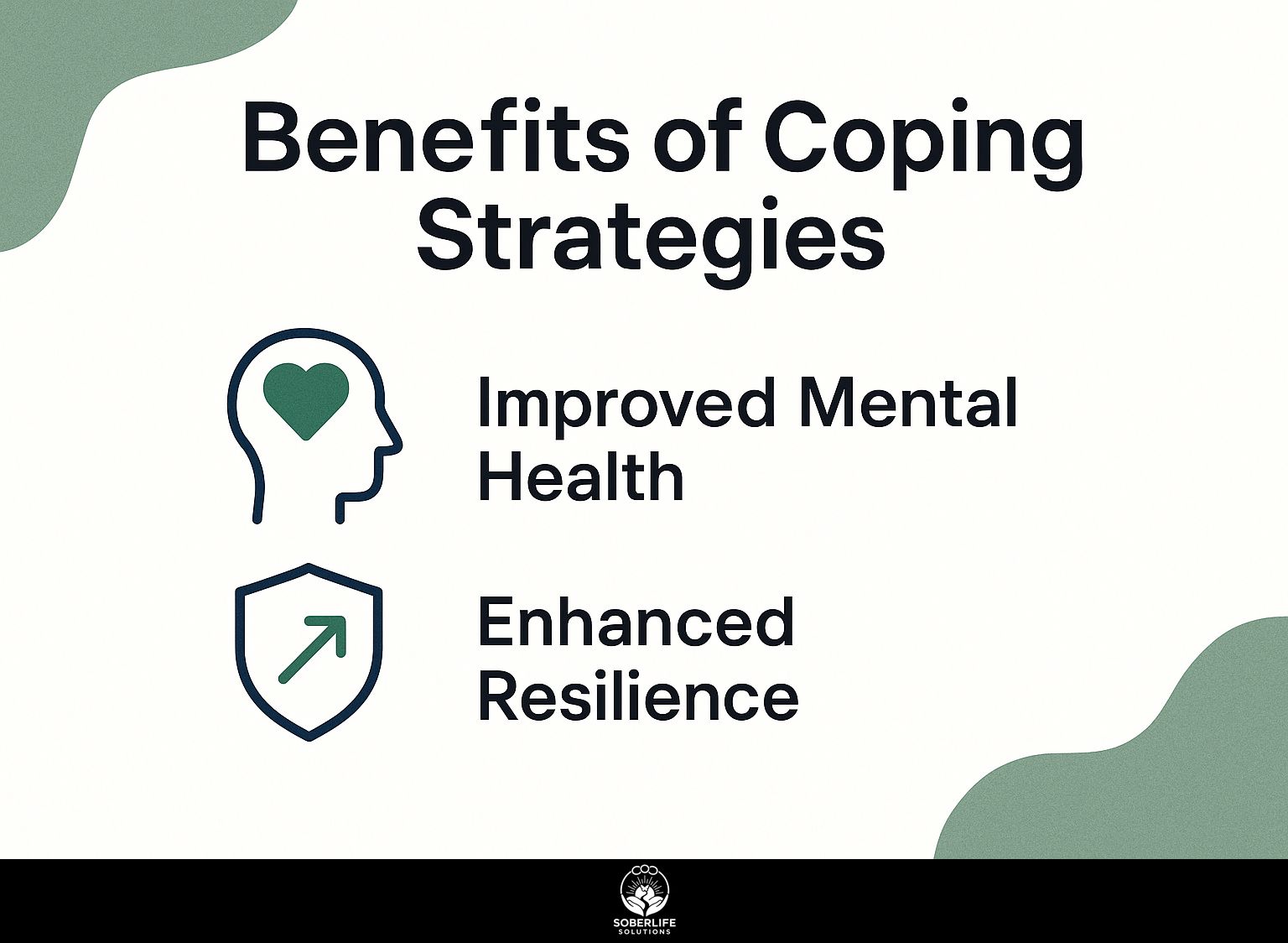
Using good coping methods can greatly improve mental health and resilience, especially during major life changes. For those experiencing challenges with addiction, exploring strategies for alcoholism recovery can be particularly beneficial.
Improved Mental Health
Utilizing effective coping mechanisms can reduce instances of anxiety and depression, with studies indicating a 40% decrease in symptoms among those practicing structured coping.
Research highlights various structured coping strategies that contribute to mental well-being. For instance, cognitive restructuring helps individuals reframe negative thoughts, enhancing resilience. According to Medical News Today, cognitive restructuring involves specific techniques that can significantly aid in managing mental health by transforming negative thought patterns.
Mindfulness practices, such as meditation and deep breathing, have shown to decrease stress levels by up to 30%. Having friends or joining therapy groups can give important emotional help and lower symptoms of depression.
Using these methods together, people can take a complete approach to mental well-being that leads to lasting progress over time.
Enhanced Resilience
Coping methods strengthen mental strength, helping people handle stress better and keep emotional balance during tough times.
Research from the Journal of Preventive Medicine and Public Health explains several good methods to build up resilience.
For instance, practicing mindfulness meditation can reduce anxiety and improve emotional regulation.
Regular physical exercise, such as jogging or yoga, is shown to release endorphins, which can greatly improve mood and resilience over time.
Engaging in social support networks, whether through family or community groups, provides emotional backing that strengthens one’s ability to cope.
By using these methods daily, people can create a solid foundation for long-term strength.
Applications in Daily Life
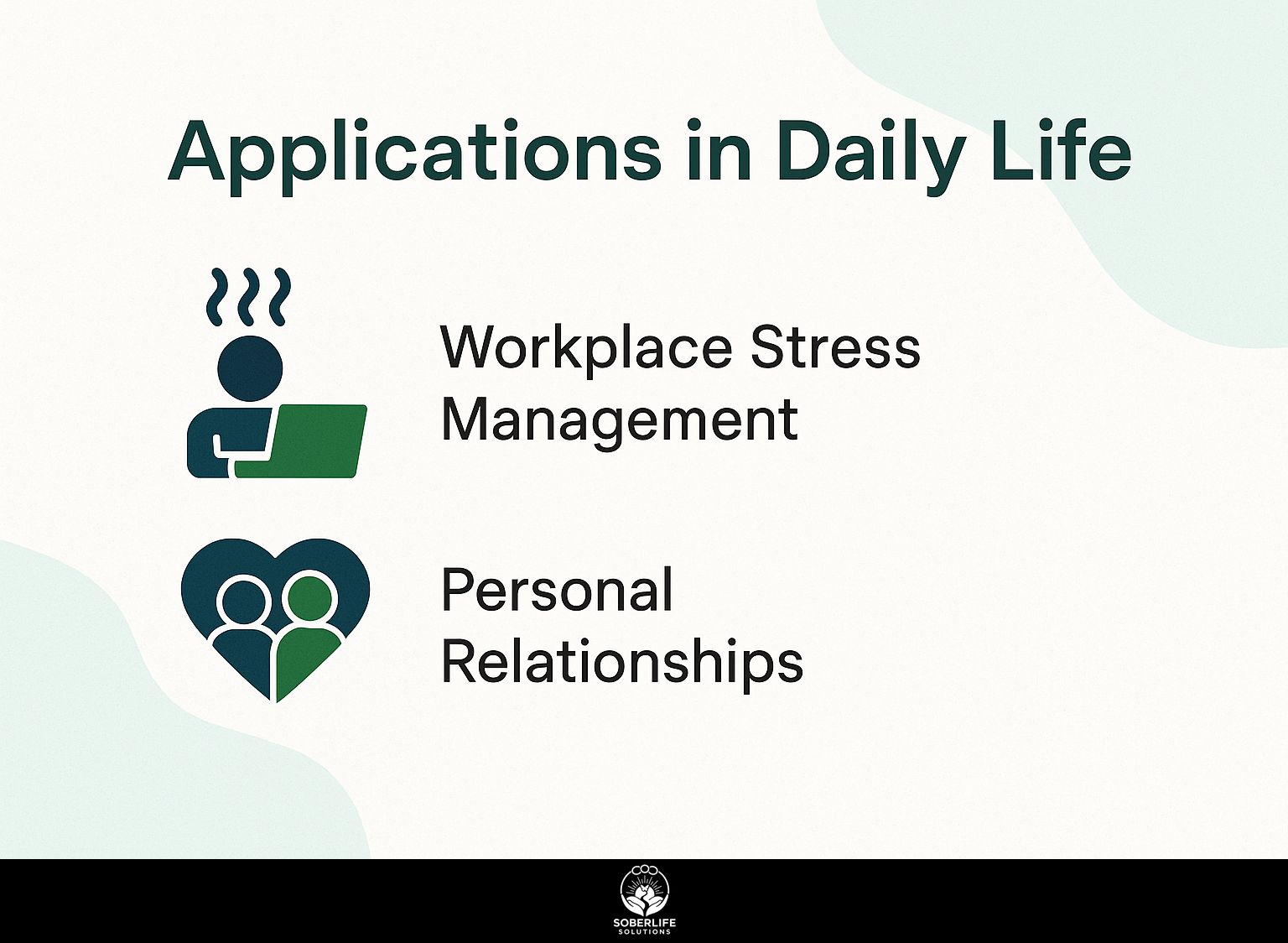
Adding coping strategies to your daily routine can help you handle stress at work and improve your personal relationships, leading to better emotional well-being. In fact, integrating holistic approaches for mental and emotional healing can significantly enhance these benefits.
Workplace Stress Management
Implementing coping strategies in the workplace can reduce stress and improve productivity, with techniques such as time management and team-building exercises.
To effectively manage workplace stress, prioritize tasks by using the Eisenhower Matrix, which helps distinguish between urgent and important activities.
Take regular breaks using the Pomodoro Technique. Work for 25 minutes, then rest for 5 minutes to improve concentration and prevent tiredness.
Look for a mentor or peer support; research indicates that having a mentor can improve work involvement and offer helpful advice.
The American Academy of Child & Adolescent Psychiatry states that these methods can reduce anxiety levels by 30%, which greatly improves overall mood.
Personal Relationships
Ways to manage stress are important for keeping good personal relationships. They help provide emotional support and make communication better.
Effective coping mechanisms include active listening, expressing feelings without blame, and finding common ground.
For example, a couple can practice active listening by taking turns to repeat each other’s main ideas during a disagreement, which helps to confirm feelings and makes talking more effective.
Using “I” statements, such as “I feel overwhelmed when chores are left undone,” allows individuals to express their emotions constructively, minimizing defensiveness.
The 2024 study highlights that couples who employed these strategies reported a 40% increase in conflict resolution success, demonstrating their effectiveness in real-life scenarios.
Long-Term Benefits
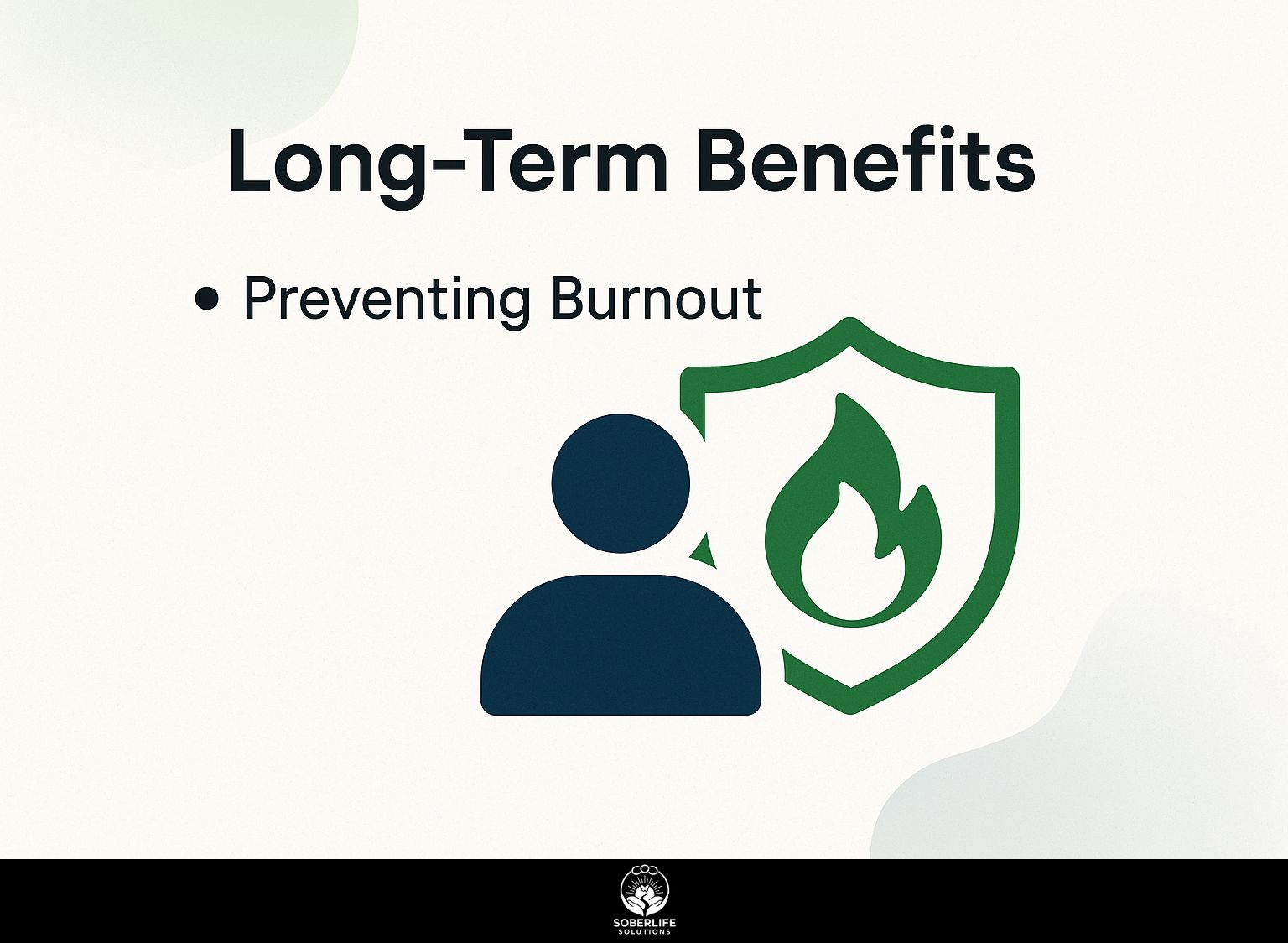
Using coping strategies over time helps to prevent burnout and support lasting emotional health. For an extensive analysis of these methods, consider exploring our Coping Mechanisms: Strategies for Alcoholism Recovery.
Preventing Burnout
Regular use of coping strategies can prevent burnout, reducing the risk of chronic pain and emotional exhaustion by over 30%.
To effectively combat burnout, establish a structured routine that includes dedicated breaks and time for self-care. Include regular check-ins, either daily or weekly, to evaluate how you feel and how much work you have.
Methods like mindfulness meditation can reduce stress; apps like Headspace or Calm provide guided sessions designed for busy people. Also, make physical activity a priority, since even brief walks can greatly improve mood.
Research from 2008 indicates that these approaches greatly lower signs of burnout, which makes them key ways to maintain good health.
Frequently Asked Questions
What are the benefits of using coping strategies?
Some benefits of using coping strategies include managing stress, improving overall well-being, and increasing resilience.
How can coping strategies be applied in daily life?
You can deal with stress in everyday life by exercising, focusing on the present moment, and getting help from friends or experts.
Can coping strategies help with mental health disorders?
Yes, coping strategies can be beneficial in managing symptoms of mental health disorders such as anxiety and depression.
What are some specific coping strategies that have been found to be effective?
Some effective coping strategies include deep breathing, journaling, and cognitive reframing.
Do coping strategies only help in difficult situations?
No, you can use ways to handle stress and deal with upcoming challenges more effectively.
How can coping strategies improve relationships?
By managing stress and improving overall well-being, coping strategies can help individuals have healthier and more positive interactions with others, leading to improved relationships.

